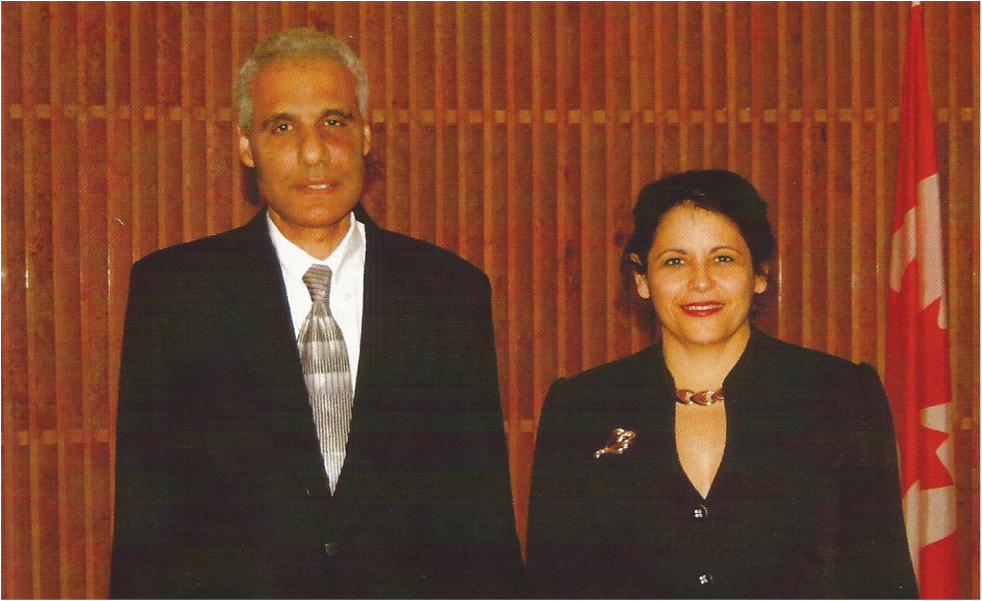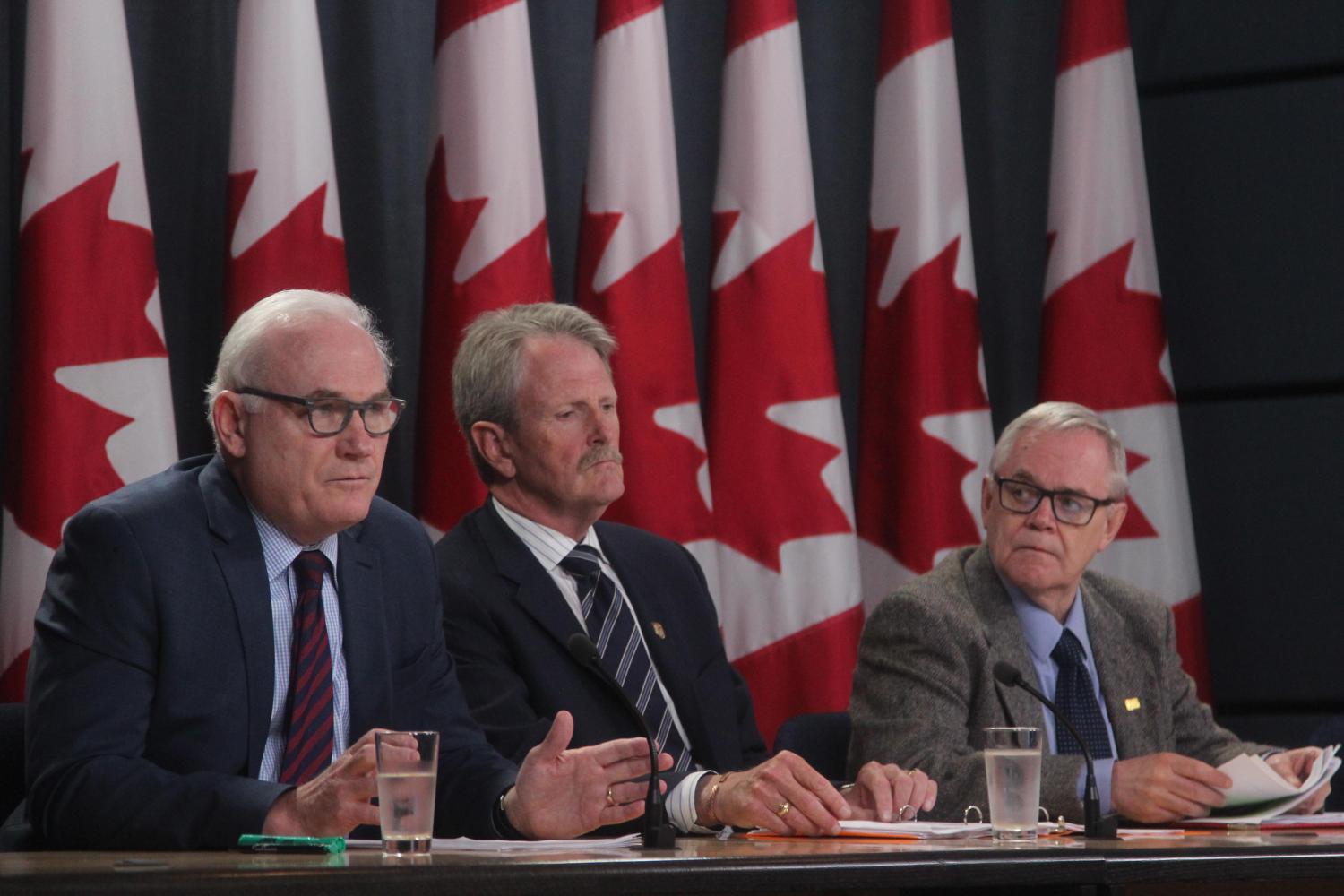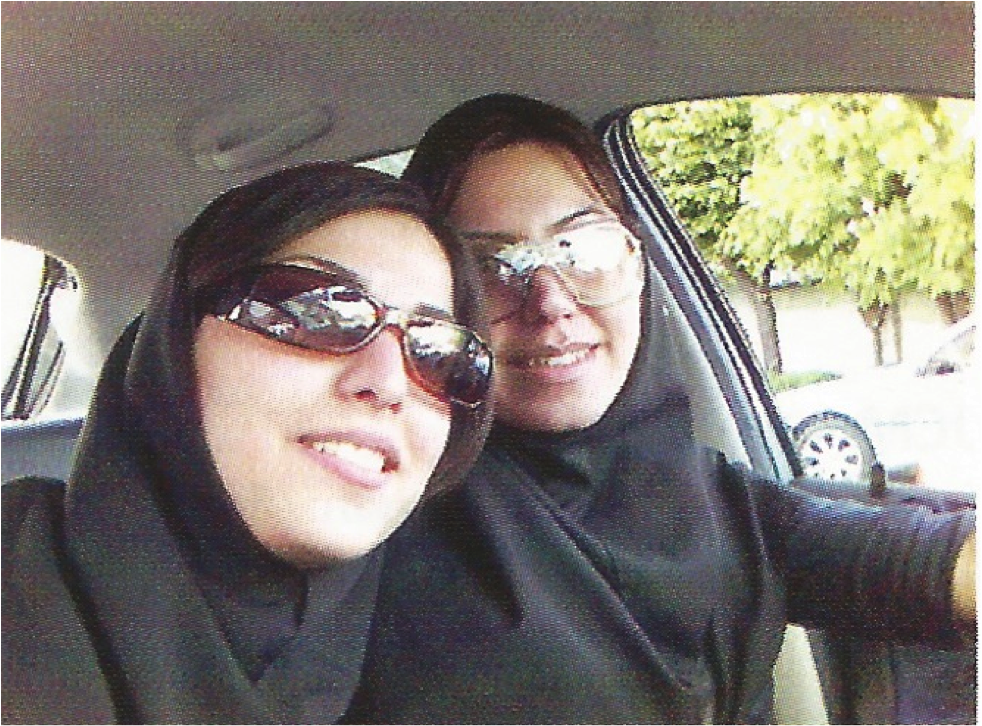
Cuba-Canada Relations are Strong, Comprehensive
Canada has had a friendly relationship with Cuba for nearly a half century. Canada first befriended Fidel Castro when former Prime Minister Trudeau to a visit to the island nation in the mid 1970’s. Since then Canadian business and investors have been active in the country and Canadian Tourists have made it a destination spot each winter. Conversely, the United States imposed a full trade embargo and blockade against Cuba in the early 1960’s that is still in effect today. Experts on this issue believe the new Obama regime will usher in an era of renewal and cooperation between the United States and Cuba. If this happens Canada may play an important role in that re-engagement process. Over the next 6 issues of Ottawa Life Magazine, we will explore the underpinnings of the Canada-Cuba relationship and shine a light on modern day Cuba as it carves its niche in the 21st century.
On a cold slushy winter’s day at the end of November, Cuba’s Minister of Foreign Trade, his Excellency the Hon. Raul de la Nuez Ramirez and Her Excellency Ms. Teresita de Jesus Vicente Sotolongo, the Cuban Ambassador to Ottawa, returned from meeting with Canada’s Minister of Agriculture, the Hon. Gerry Ritz and the new Minister of State for Foreign Affairs (Americas), the Hon. Peter Kent.
Following the meeting, OLM caught up with the two Cuban Officials to get a sense of the state of current Canada-Cuba relations. Raul de la Nuez Ramirez is a genial soft-spoken man with an engaging personality and a serious sense of purpose. He has spent much time in Canada, having resided here from 1995 to 2000, when he was the CEO of a joint venture in Alberta’s Nickel Refinery business. He is well versed in the nickel, mining and coal industries and has a great respect for the Canadian business sector which he describes as being made up of, “global leaders, innovators, good employers and partners.”
When asked how the meeting with Peter Kent faired – he responds that “both Mr. Ritz and Mr. Kent are very informed about Cuba — very well briefed.” Ms. Vicente adds, “Our relations with Canada are strong, comprehensive, solid, mature and diverse. We have constant contact with Canadian officials and continue to encourage Canadian interest in partnering in joint ventures with Cuba.” Ms. Vicente is a seasoned diplomat with a friendly personality and a deep understanding of geopolitical affairs. “Canada and Cuba has worked together on many projects both in trade, business and at the government level. We engage in many exchanges and delegations at the Deputy Minister Level and the relationship between us is really a very good situation. We respect Canadian diplomats and officials very much.”
Mr. Ramirez observes that “Mr. Kent’s grasp of Cuban issues was very impressive and Mr. Ritz has a very good knowledge of our food industry and our agri-food base. We discussed areas where there may be opportunities to cooperate in the future.”
When asked for their perception of current relations with the USA and their thoughts on President-elect Obama and how his new government could affect USA-Cuba affairs, Ramirez says that, “Cuba has publicly expressed a readiness to engage in discussions to improve the relationship with the United States since 1996…by the way …Canada is Cuba’s number 3 trading partner and is the number country for tourism to Cuba. The American’s are missing that opportunity. Like Canada – we are members of the World Trading Organization (WTO) and we believe in trade and business and tourism. This will evolve.”
Mr. Ramirez says one area he is concerned about is the fact that while Canadians have the largest number of visitors to Cuba annually, “there are no Canadian companies operating tourism resorts or involved in joint ventures in tourism in Cuba”. When asked about the common perception in Canada that if a Canadian company wants to set up a business in Cuba they must enter a joint venture with the Cuban government – he responds, “This is not true. There are many different types of joint ventures in Cuba; some are majority owned by the Cuban government and many are majority owned by the other joint partner. And there are some cases where the business is 100% owned and there is no involvement of the Cuban government in the partnership. In any venture, the goal of the Cuban government is to ensure the “objectives of our interests are satisfied along with the partner.” He explained, “We have a Foreign Investment Act called Law, No. 77 that regulates foreign investment. It works well. We have Canadian companies involved in power generation and oil and gas and nickel production, some are involved in construction and we have French companies involved in ventures in the rum business. Many Spanish companies are involved in Cuba in the Tourism industry. As a government, we are very pleased with these investments and businesses and believe there is much more room including a significant opportunity for Canadian business and investors. It works and there is much opportunity.”
Ms. Vicente notes that “Cuba is open to investment and joint venture partnerships in tourism, particularly in the golfing sector, and in the redevelopment of heritage areas to be reconstructed into hotel and tourism ventures. Currently, there are opportunities in Havana and many in Santiago, as well.” She explains that if Canadian firms are interested in doing business in Cuba they can contact the embassy or bring a proposal to the Cuban Foreign Trade Ministry. All proposals are evaluated and the process appears to be an entrepreneurial system of joint venturing with opportunism in tourism, construction, oil and gas and development, in agriculture and the food industries. There are also new ventures possibilities in Cuba’ telecom business.
Mr. Ramirez observes that, “Cuba is like any country- the business culture has its own peculiarities. Don’t show up with a tourist visa in Havana and say you want to open a business. That is not our process. In Cuba you must contact the Ministry or the Cuban Chamber of Commerce or work through the Cuban Embassy, first. It will save you much time. We are very actively assessing many projects that exceed a 50% ownership for non-Cuban entities so this is a good time to be involved. We are part of the WTO and active in the organization and respect the rules of trade and commerce.” Ambassador Sotolongo adds that there are exciting new joint-venture opportunities in the east part of Cuba and the north coast-in Santiago and elsewhere. We have contacts and resources in all areas of Cuba who will work with a joint venture partner to make their experience a good one.”
On a final note Ramirez reflected that Canadian and Cuban businesses work well together, “We want to build on our past successes with your country”.









